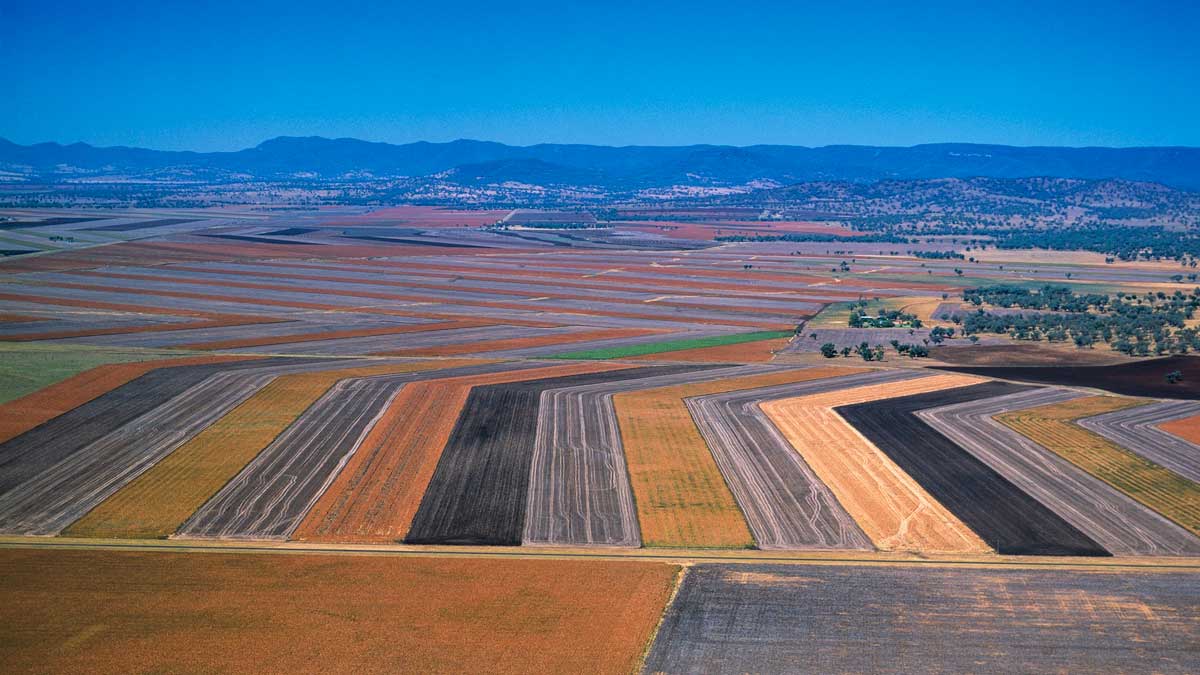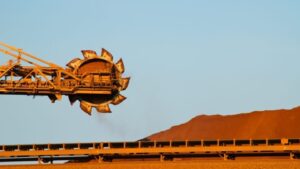New federal resources minister Madeleine King has been criticised for expressing support for the controversial Narrabri gas project, with opponents saying it is “disrespectful” of the views of local farmers and communities that the project will impact.
Gas giant Santos is planning to invest $3.5 billion in developing the Narrabri gas basin, which could involve drilling as many as 850 new gas wells across the northern New South Wales region.
The project is seeking to tap into an estimated 1,500 petajoules of gas reserves in the Narrabri region, with an expected daily production of up to 200 terajoules, representing around half of New South Wales’ current gas consumption.
But opponents say the project is unnecessary, will lead to increased greenhouse gas emissions while failing to lower gas prices, and presents an unacceptable environmental risk to major farming areas.
The project is also currently being considered by the Native Title Tribunal after Gomeroi Traditional Owners overwhelmingly voted against providing consent to the development.
“There has been resistance to Santos’ project for more than a decade, and that’s not going to change just because Ms King wants it to.
She’s underestimating the determination of groups who are opposed to the gas field if she thinks we’re just going to let Santos bulldoze the Pilliga,” Gomeroi Traditional Owner, Karra Kinchela, said.
While the Albanese government took a commitment to stronger emissions reduction targets to the federal election, it has said it would support the development of new projects where they “stack up environmentally and economically”.
In an interview with Nine newspapers, King said that she expected the Narrabri project to meet “all the environmental standards”.
King told the papers that she sees gas as a necessary transition fuel, and an increase in gas production was necessary to help New South Wales “avoid a crisis”.
King’s support for Santos’ development of the Narrabri gas field, which would add almost 130 million tonnes to Australia’s greenhouse gas emissions during its operation, has been labelled “ill-informed” by opponents of the project based in the Liverpool Plains region.
“The [Albanese] government was voted in because people want change, they want commitment to address climate change and they want our energy network to facilitate that change, and not be reliant on coal seam gas. Drilling for gas and supporting Santos’ project at Narrabri is extremely short-sighted,” said Liverpool Plains farmer Scott McCalman, whose property is covered by a Santos gas exploration licence.
“The Santos gasfield would be a costly, and environmentally damaging exercise and being years off production, it can’t play any role in the current energy crisis. Madeleine King only needs to look to Queensland where the land is slumping, there’s groundwater drawdown, and a massive, unresolved problem with salt waste, all thanks to coal seam gas.”
Gas producers have suggested that support for boosting Australian production would help alleviate pressure on domestic gas supplies and would avoid the need to introduce a domestic gas reserve.
Lock the Gate Alliance’s national coordinator, Georgina Woods, said Santos had contributed to creating the gas market dynamics that had seen domestic gas prices follow international prices higher.
“Santos is the architect of the gas supply crisis we now face,” Woods said.
“Sacrificing the beautiful Pilliga to hundreds of gas wells will do nothing to reduce the high price of gas. What our country needs is a pathway to zero emissions and a government that puts people and the environment first.”
“The last thing a new Federal Government should be doing is locking Australians into a future reliant on high gas prices. The renewable energy revolution is well and truly underway,” Woods added.
Energy market analyst, Tim Buckley, said the development of the Narrabri gas project would present an environmental threat to the region, while contributing little towards solving the current energy market crisis.”
“The fossil gas industry is relentless, no matter what the situation, they always serve themselves first, no matter the consequences for our country,” Buckley said.
“Does Narrabri drilling threaten to permanently damage NSW’s water system? Of course, but that isn’t the gas industry’s problem. Is Narrabri consistent with the climate science, which says we need urgent emissions reductions? Of course not.”
“Will Narrabri solve the immediate energy crisis the fossil fuel industry has created? Of course not, not at all.”
Opponents argue that the development of new gas projects stands in conflict with global efforts to reduce greenhouse gas emissions. The International Energy Agency has suggested that no new gas fields can be developed under scenarios where a global net zero emissions goal is achieved by 2050.










